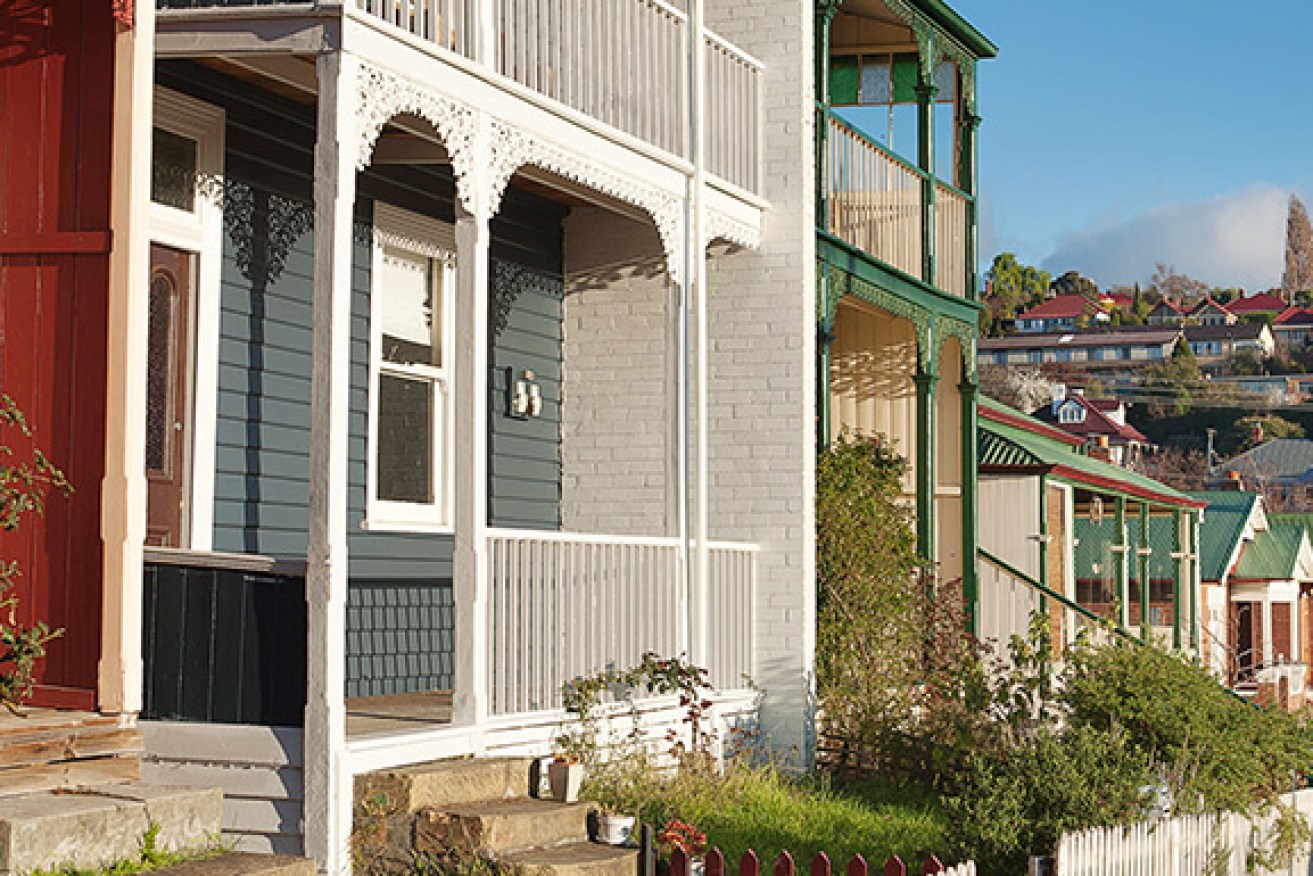The risks of using your mortgage for spending money

Shutterstock
While many older Australians are asset rich, they are also cash poor – meaning more people are turning to the equity in the family home for support into retirement.
A new report by the Australian Housing and Urban Research Institute (AHURI) reveals the amount of people over 45 turning to their homes to unlock cash rose from 13 to 18 per cent from 2001 – 2010.
These fall into three categories: those who sell-up, downsize and those who remain in their home and increase their mortgage debt.
• Leave us alone in our big homes, say baby boomers
• Financial options for cash-strapped retirees
The AHURI study found 84 per cent of people who elect to unlock their property wealth choose to increase their mortgage debt without moving house.
They are on average borrowing $40,000 per year against the value of their home.
For those above the pension age, downsizing and selling up was more widespread. It was also often triggered by ill health.
Lead researcher Rachel Ong, Associate Professor at the Curtin Economics Centre, says while there are potential benefits, the strategy does pose hidden risks.
“Older Australians could usefully tap into their housing equity to fund some of their needs later in life but my concern is that many of them are not aware of the risks.”
Why turn to home equity
The study analysed data from the Household, Income and Labour Dynamics Australia (HILDA) surveys for 2001-10, and also conducted interviews with older home owners.
The HILDA survey revealed Australians using mortgage equity withdrawal were more likely to have higher health insurance bills, which the study took to mean the funds were being used in part to cover unexpected health costs.
It also found the typical mortgage equity withdrawal borrower was in a relatively strong financial and employment position.
By comparison those downsizing or selling up commonly, had very little income or housing assets to rely on and had experienced ill health, separation, divorce, or bereavement prior to the sale of the family home.
Risks of housing equity withdrawal
Downsizing and selling up:
Downsizing and selling up and moving into the rental market were found to be less popular methods of unlocking income, but Professor Ong points out the options can release greater funds, about $110,000 in the case of downsizing.
“If you were to sell your home the amount you would release would be much larger because you’re selling the entire home as opposed to increasing your mortgage debt,” she says.
“That doesn’t necessarily mean that downsizing is a better option it just releases a larger amount of funds.”
 However, stamp duty and transaction costs can eat up eight to 10 per cent of the equity in the home.
However, stamp duty and transaction costs can eat up eight to 10 per cent of the equity in the home.
Likewise, the sale, and increase in cash, can impact on Government benefits such as the age pension.
The report found downsizers suffered a 17 per cent reduction in their entitlements while those selling up were hit even more, losing a third of their original entitlements.
Professor Ong also warns that it can be difficult to find a similar house in the community you’d like to live in.
“That could result in social isolation issues later in life. People like to grow old in their homes.”
Mortgage equity withdrawals:
Higher mortgage repayments for home owners may lead to an inability to repay the loan if interest rates climb unexpectedly.
The study found repayment risk was threatened by marital breakdown and unemployment.
“If you use mortgage equity withdrawal you’re essentially adding to your mortgage debt and therefore taking on a higher debt burden in later life when your income is likely to be declining.”
Greg Harper, general manager of advice services at Cbus Superannuation, warns in this article, such a loan should only be considered after all other options have been exhausted.
“They can serve a purpose, but it would only be a measure of last resort for me,” Mr Harper says.
Seek advice
Professor Ong encourages people considering housing equity withdrawal to seek professional financial advice.
“If people were to go into it without getting a thorough understanding of what they’re getting themselves into they are exposing themselves to a lot of risk.”
Professor Ong recommends the government play a bigger part in facilitating the trend by looking into stamp duty and means test reforms, which can currently erode any unlocked equity.
“The Australian Government has taken some tentative steps towards recognising this issue but more needs to be done.”








